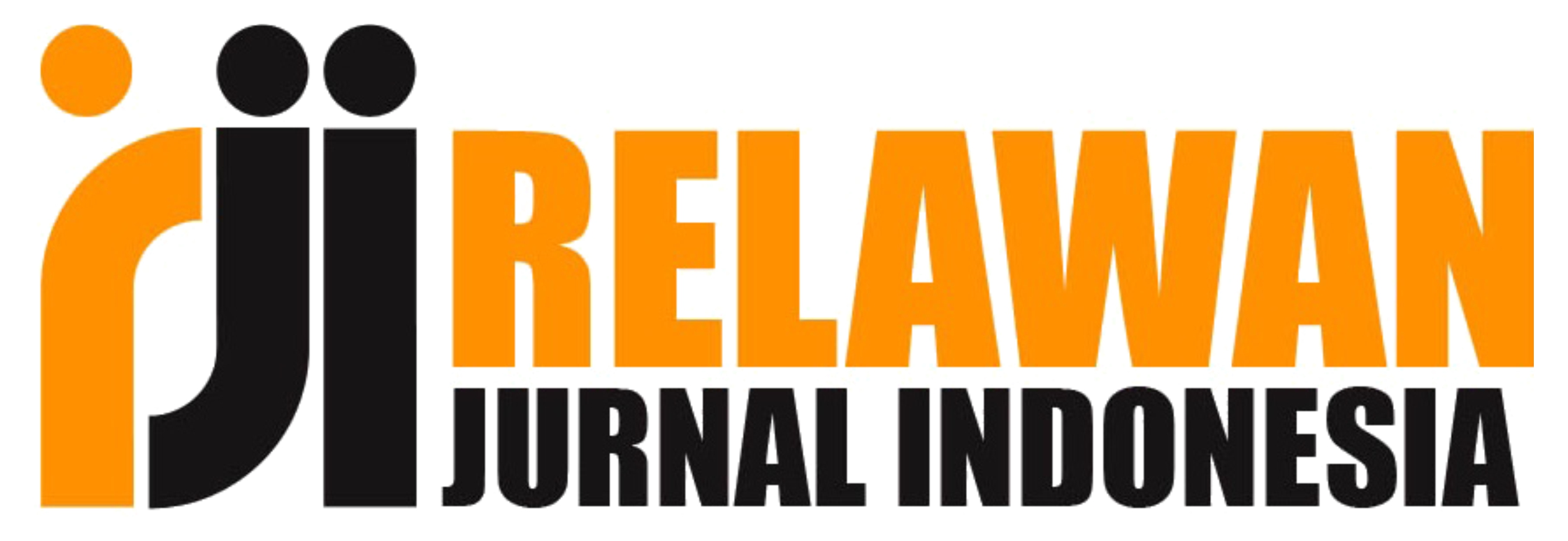Penggunaan Media Digital sebagai Alat untuk Meningkatkan Literasi Kewarganegaraan dan Etika di Kalangan Remaja
DOI:
https://doi.org/10.61476/8magfd38Keywords:
Civic Literacy, Digital Media, Education, Social Ethics, TeenagersAbstract
This study aims to examine the role and use of digital media in improving civic literacy and social ethics among adolescents. The rapid development of information technology has made digital media an integral part of everyday life, including for adolescents. However, unwise use can pose new challenges, such as the spread of hoaxes, cyberbullying, and the loss of social ethics. Through a literature review method, this article analyzes various previous studies on the effectiveness of digital media in promoting civic values, ethics, and public participation. The results of the study show that digital literacy is a key prerequisite for digital media to function optimally as an educational tool. With the right approach, digital media can be an effective means of fostering civic awareness and adaptive social ethics in the modern era.
Downloads
References
Buckingham, D. (2007). Beyond technology: Children's learning in the age of digital culture. Polity Press.
Gilster, P. (1997). Digital literacy. John Wiley & Sons.
Setiadi, A., & Sari, I. (2020). Peran Media Sosial dalam Pembentukan Karakter Generasi Z. Jurnal Pendidikan Sosiologi dan Humaniora, 11(2), 1-12.
Suryadi, A. (2018). Pembelajaran Pendidikan Kewarganegaraan di Era Digital: Tantangan dan Inovasi. Jurnal Inovasi Pendidikan, 9(1), 45-58.
Katz, E., Blumler, J. G., & Gurevitch, M. (1974). Uses and Gratifications Research. The Public Opinion Quarterly, 37(4), 509–523.
McQuail, D. (2011). McQuail's Mass Communication Theory. London: Sage Publications.
Nasrullah, R. (2016). Media Sosial: Perspektif Komunikasi, Budaya, dan Sosioteknologi. Bandung: Simbiosa Rekatama Media.
Nasrullah, R. (2018). Teori dan Riset Media Siber (Cybermedia). Jakarta: Kencana.
Verbeek, P. P. (2011). Moralizing Technology: Understanding and Designing the Morality of Things. University of Chicago Press.
Jenkins, H. (2006). Convergence culture: Where old and new media collide. New York University Press.
Moore, M. G. (1993). Theory of transactional distance. In D. Keegan (Ed.), Theoretical principles of distance education (pp. 22–38). Routledge.
Moore, M. G., & Kearsley, G. (2012). Distance education: A systems view of online learning (3rd ed.). Wadsworth Cengage Learning.
Nasrullah, R. (2016). Media sosial: Perspektif komunikasi, budaya, dan sosioteknologi. Simbiosa Rekatama Media.
Siagian, T. H. (2021). Pemanfaatan media digital dalam pembelajaran daring. Jurnal Pendidikan dan Teknologi, 1(2), 45–55.
Belshaw, D. (2012). The essential elements of digital literacies. EdTech.
Gilster, P. (1997). Digital literacy. Wiley.
Kominfo. (2020). Modul literasi digital: Gerakan nasional literasi digital Siberkreasi. Kementerian Komunikasi dan Informatika RI.
Lankshear, C., & Knobel, M. (2015). New literacies: Everyday practices and social learning (3rd ed.). McGraw-Hill Education.
Ng, W. (2012). Can we teach digital natives digital literacy? Computers & Education, 59(3), 1065–1078. https://doi.org/10.1016/j.compedu.2012.04.016
Trilling, B., & Fadel, C. (2009). 21st century skills: Learning for life in our times. Jossey-Bass.
UNESCO. (2011). Digital literacy in education. UNESCO Institute for Information Technologies in Education.
Vygotsky, L. S. (1978). Mind in society: The development of higher psychological processes. Harvard University Press.
Livingstone, S., & Helsper, E. J. (2008). Parental mediation of children’s internet use. Journal of Broadcasting & Electronic Media, 52(4), 581–599. https://doi.org/10.1080/08838150802437396
Suryadi, D. (2018). Literasi digital dan pendidikan karakter di era milenial. Jurnal Pendidikan Karakter, 8(2), 123–135. https://doi.org/10.21831/jpk.v8i2.21345
Rheingold, H. (2012). Net smart: How to thrive online. MIT Press.
Setiadi, A., & Sari, R. (2020). Tantangan literasi digital pada generasi milenial dan Z di era disrupsi. Jurnal Ilmu Sosial dan Pendidikan, 4(3), 35–45. https://doi.org/10.36312/jisip.v4i3.1524
Published
Issue
Section
License
Copyright (c) 2025 Margareta Ambu Kaka, Seruan Hati Zebua, Yasinta Avni Bahagia, Rachel Fetriana Lisa, Amanda Puja (Author)

This work is licensed under a Creative Commons Attribution-ShareAlike 4.0 International License.














